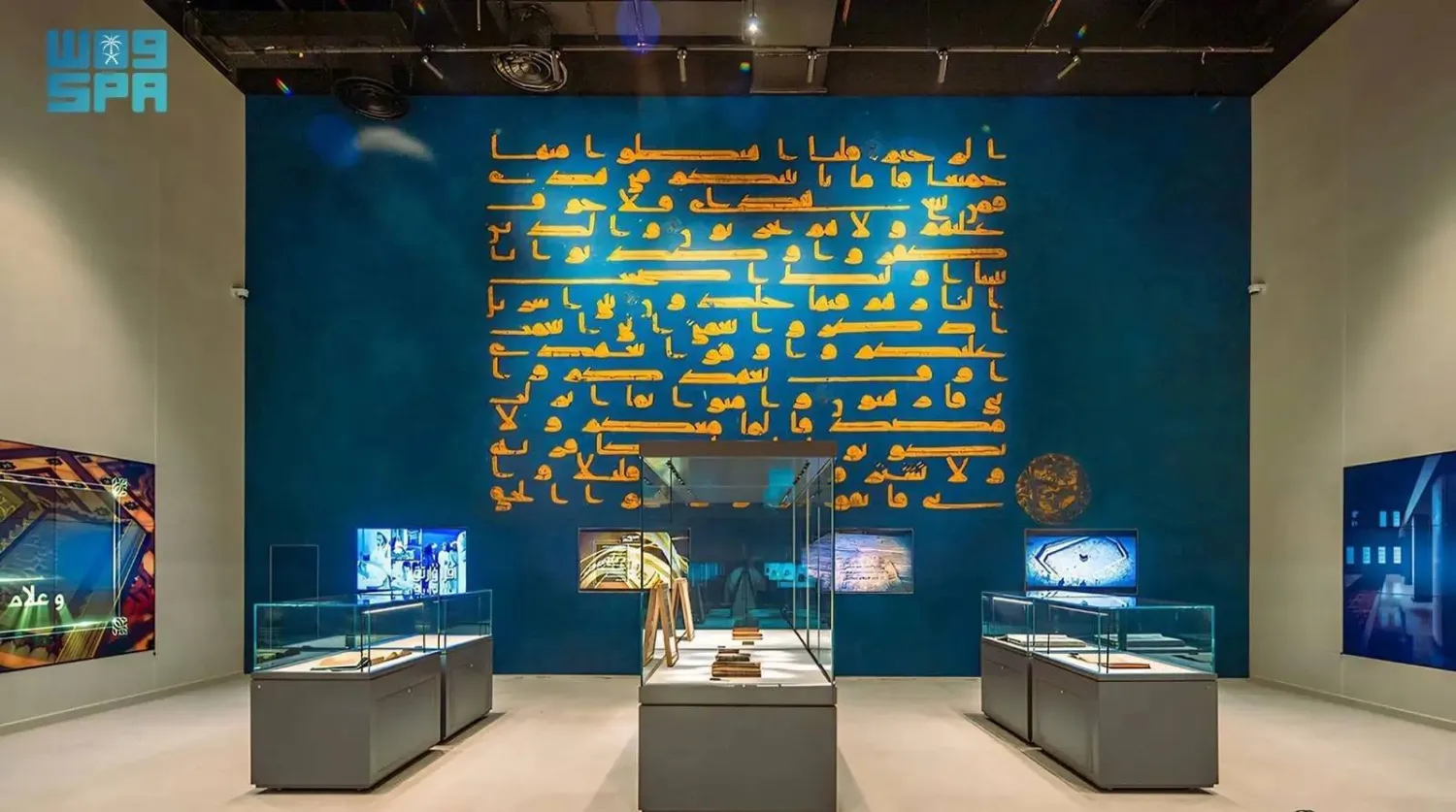Saudi Arabia won Saturday the chairmanship of the Executive Council of the Arab League Educational, Cultural and Scientific Organization (ALECSO) for the third time in a row.
The Kingdom’s representative, Hani Al-Moqbil, was elected president for the 2024-2026 term with an overwhelming majority, securing 18 votes compared to two votes for Morocco.
One member-state abstained from voting. Qatar was elected as the vice president, while Jordan will serve as the rapporteur.
This decision followed a council meeting held after the conclusion of the 27th General Conference of ALECSO, which wrapped up in Jeddah on Friday.
Members praised the positive outcomes and collaborative efforts achieved during Saudi Arabia's previous two presidencies since July 2021.
Arab states on the council highlighted the importance of continuing ALECSO’s forward-looking vision. They praised recent achievements as a major milestone, boosting the organization's role in education, culture, and science across the Arab world.
Saudi Arabia was commended for creating a roadmap that enabled effective collaboration within ALECSO. This teamwork has turned plans into reality, promoting collective efforts, member synergy, and unified execution of initiatives.
Saudi Culture Minister Prince Badr bin Abdullah bin Farhan shared on “X” that during Saudi Arabia’s leadership of the ALECSO Executive Council in under three years, they initiated over 10 projects and partnerships. He expressed pride in the Kingdom’s re-election for a third consecutive term.
Established in 1970 and based in Tunis, ALECSO is one of the Cairo-based Arab bloc's organizations that seeks to develop Arab culture, education and science at both national and regional levels.









